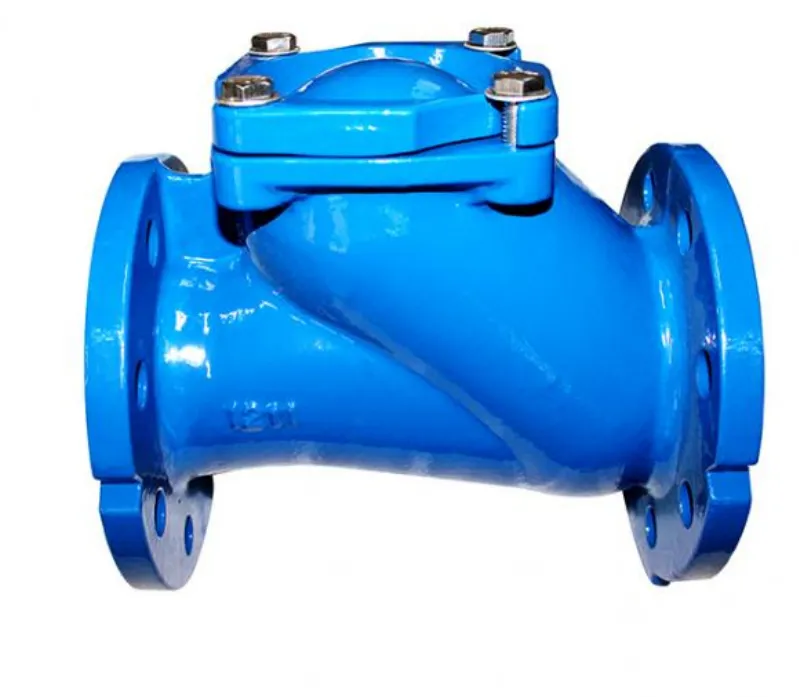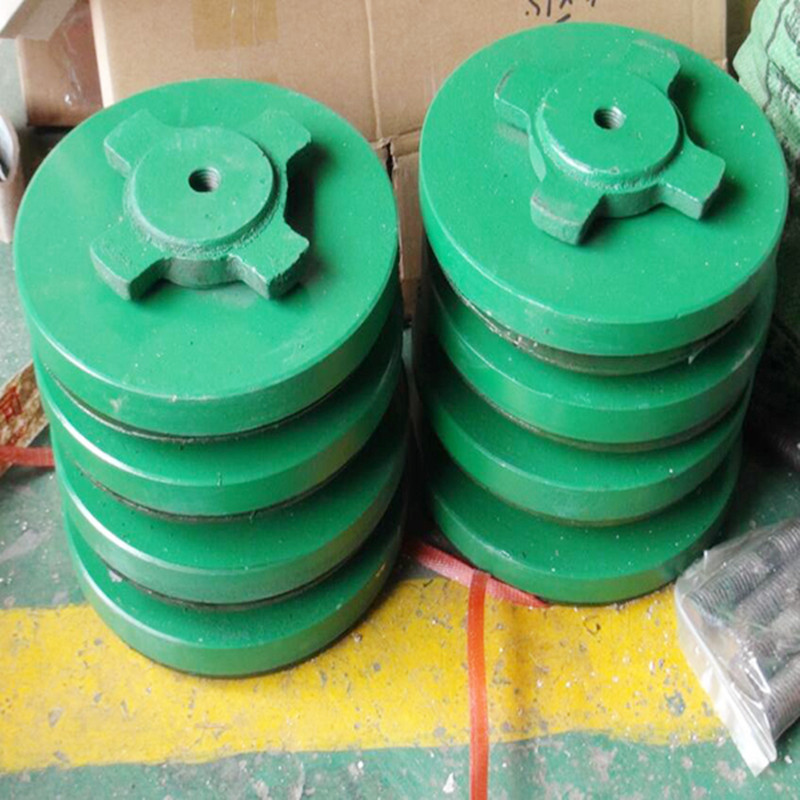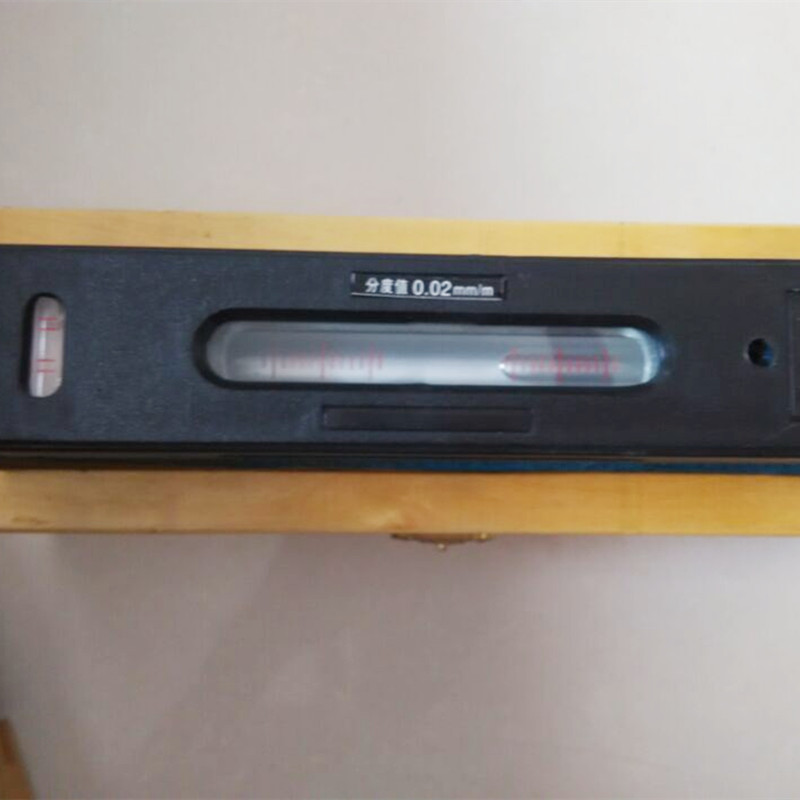1월 . 09, 2025 11:28 Back to list
types of shut off water valves
In the world of plumbing, understanding the various types of shut-off water valves is crucial for effective water system management, ensuring both safety and efficiency in domestic and industrial settings. Properly selecting and installing these valves can prevent costly damages and enhance the reliability of your water infrastructure. Here we delve into some of the most commonly used shut-off water valves, offering professional insight and recommendations based on extensive experience in the industry.
Angle Valves Angle valves or angle stops are frequently used in home plumbing for their compactness and ease of installation, typically found under sinks or toilets. They are designed to shut off the water flow while providing an outlet perpendicular to the supply line, therefore, saving space and simplifying pipeline routing. Although often used for aesthetic and functional purposes in residential settings, angle valves play a critical role in efficient household water management by ensuring localized water control. Butterfly Valves Featuring a quick operation similar to ball valves, butterfly valves use a rotating disc to allow or block flow. These valves are especially advantageous in large diameter pipelines due to their lightweight construction and compact size, factors that facilitate easy installation and maintenance. While butterfly valves are not as effective for tight sealing as ball valves, their economic pricing and ability to handle varying temperatures and pressures make them a versatile choice for diverse industrial applications. Diaphragm Valves Diaphragm valves, greatly utilized in the pharmaceutical and food industries, use a diaphragm to control the flow of water. These valves are preferred where hygiene is paramount because they provide a clean and leak-proof sealing without contaminating the media. The design prevents internal corrosion, offering a long service life in harsh conditions while ensuring compliance with stringent sanitary standards. The selection of a suitable shut-off valve is contingent upon a clear understanding of the specific needs and conditions of the application. Each type of valve offers distinct advantages and limitations. Therefore, consulting with a plumbing specialist or engineer is recommended to ensure optimal performance and conformity with regulatory standards. Whether your priority is longevity, cost-effectiveness, or precise control, choosing the right valve enhances the efficiency and reliability of your water management system.


Angle Valves Angle valves or angle stops are frequently used in home plumbing for their compactness and ease of installation, typically found under sinks or toilets. They are designed to shut off the water flow while providing an outlet perpendicular to the supply line, therefore, saving space and simplifying pipeline routing. Although often used for aesthetic and functional purposes in residential settings, angle valves play a critical role in efficient household water management by ensuring localized water control. Butterfly Valves Featuring a quick operation similar to ball valves, butterfly valves use a rotating disc to allow or block flow. These valves are especially advantageous in large diameter pipelines due to their lightweight construction and compact size, factors that facilitate easy installation and maintenance. While butterfly valves are not as effective for tight sealing as ball valves, their economic pricing and ability to handle varying temperatures and pressures make them a versatile choice for diverse industrial applications. Diaphragm Valves Diaphragm valves, greatly utilized in the pharmaceutical and food industries, use a diaphragm to control the flow of water. These valves are preferred where hygiene is paramount because they provide a clean and leak-proof sealing without contaminating the media. The design prevents internal corrosion, offering a long service life in harsh conditions while ensuring compliance with stringent sanitary standards. The selection of a suitable shut-off valve is contingent upon a clear understanding of the specific needs and conditions of the application. Each type of valve offers distinct advantages and limitations. Therefore, consulting with a plumbing specialist or engineer is recommended to ensure optimal performance and conformity with regulatory standards. Whether your priority is longevity, cost-effectiveness, or precise control, choosing the right valve enhances the efficiency and reliability of your water management system.
Next:
Latest news
-
Surface Plate Maintenance Best Practices for LongevityNewsJun.27,2025
-
Historical Evolution of Iron Surface Plates in Industrial MetrologyNewsJun.27,2025
-
Cast Iron Y Strainer Safety StandardsNewsJun.27,2025
-
Blockchain Verification for Gauge Tool Certification IntegrityNewsJun.27,2025
-
Advantages of Triple Offset Butterfly Valve Types in High-Pressure SystemsNewsJun.27,2025
-
Wear Resistance Strategies for Trapezoidal ThreadsNewsJun.26,2025
Related PRODUCTS









